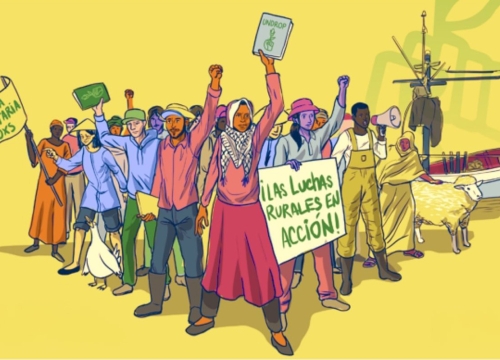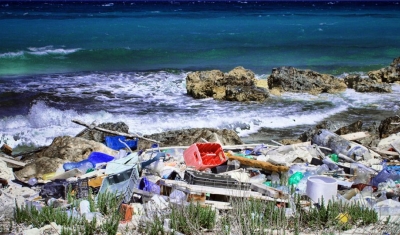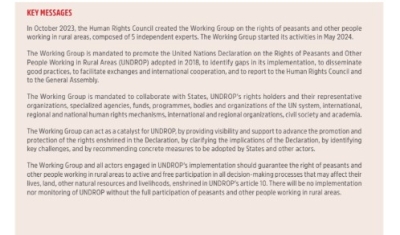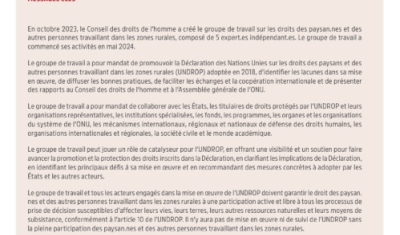Advancing the Rights of Peasants and Other People Working in Rural Areas through UNDROP
Event
Across the world, rural people, workers and communities – including fisher peoples, Indigenous Peoples, peasants, and pastoralists – are facing challenges and threats to their human rights and livelihoods. Despite their central role as custodians of biodiversity and the environment, and despite international recognition of their rights – particularly through the United Nations Declaration on the Rights of Peasants and Other People Working in Rural Areas (UNDROP) – these communities continue to experience historical and structural discrimination, dispossession, and marginalization.
The transformation of local, community-based food systems – whether in fisheries, farming, or pastoralism – into export-oriented, industrial supply chains driven by corporate agribusiness, has undermined ecological sustainability and community resilience. Initiatives such as the Blue Economy and the 30×30 conservation agenda, together with large-scale agribusiness, aquaculture, extractive industries, and infrastructure projects, have further encroached upon and privatized rural people’s Commons – the lands, waters, and ecosystems that these communities have sustainably governed and relied upon for generations. This side event will highlight the case of Panama’s fisher peoples, shedding light on the concrete struggles and resistance of rural people against these ongoing pressures.
At the occasion of the 60th session of the Huan Rights Council, and the presentation of the report of the UN Working Group on the Rights of Peasants and Other People Working in Rural Areas on Global trends in challenges affecting UNDROP’s rights holders, this side event aims to shed light on the multifaceted challenges faced by rural communities in today’s world and to explore how UNDROP can inform legal and policy frameworks at different levels to better protect rural communities, strengthen their rights, and advance social justice.
In addition, the side event will highlight how peasant movements and rural organizations across Latin American are mobilizing at all levels to promote and implement UNDROP. These initiatives demonstrate how organized communities – in collaboration with public authorities committed to this agenda – are using UNDROP as both a legal and political tool to defend their rights, influence policy, and secure access to land, water, and seeds. Concrete outcomes include emerging jurisprudence, legal reforms, and policy innovations directly inspired by UNDROP, showing its potential as a powerful instrument of protection and empowerment for rural peoples in other regions of the world.







